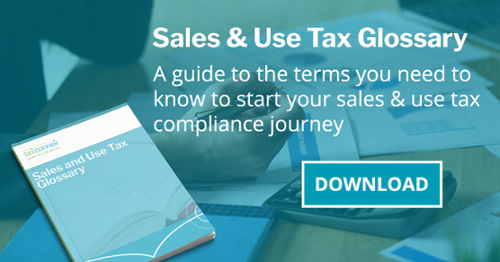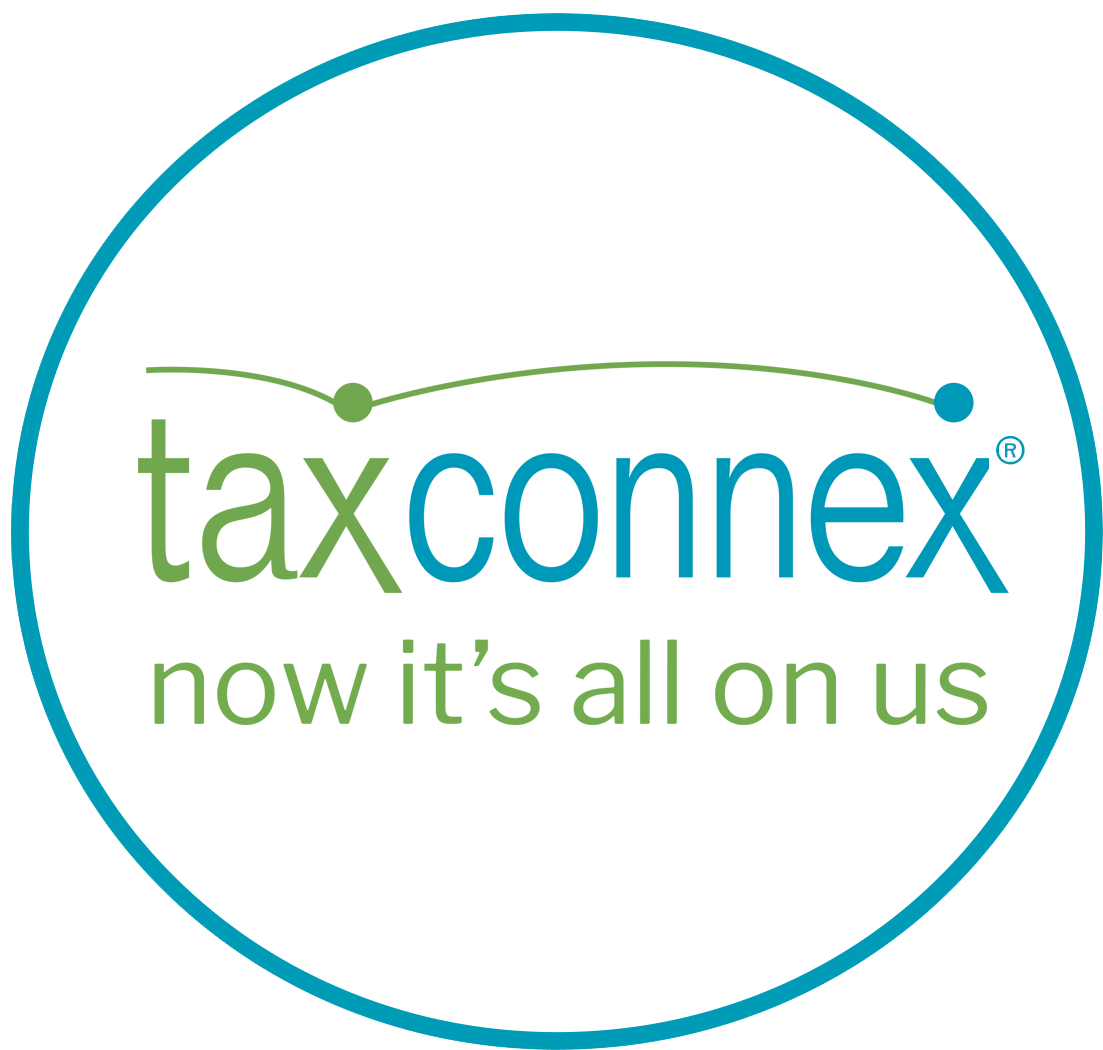 Sales tax nexus is the basis for all your sales tax decisions. Without nexus, you have no further obligation to a state. If you do have sales tax nexus, then you need to dig a bit deeper and understand if your products and/or services are taxable. If they are, and you have nexus within a state that charges sales tax, in most instances you should register and start collecting sales tax. Simple right? Not so much.
Sales tax nexus is the basis for all your sales tax decisions. Without nexus, you have no further obligation to a state. If you do have sales tax nexus, then you need to dig a bit deeper and understand if your products and/or services are taxable. If they are, and you have nexus within a state that charges sales tax, in most instances you should register and start collecting sales tax. Simple right? Not so much.
There are over 10,000 jurisdictions across the United States, all with changing nexus and taxability laws. For a business of any size, keeping up with these changes is a daunting task.
Just like with any new process or problem, it’s best to start with the basics. You have to learn the ABC’s before you can write. For sales tax, it’s understanding the terms and what they mean to your business. Below you’ll find a few of the top terms associated with sales & use tax compliance.
Communications Tax: A special tax imposed on a variety of communications services, such as wireless, VOIP and long-distance services. These taxes usually have special state and local tax rates that differ from the traditional sales tax rate.
Economic Nexus: In 2018, South Dakota vs Wayfair, Inc. led to the largest change in sales tax in the last 50 years, redefining nexus as a certain amount of sales and/ or a certain number of transactions in a state or jurisdiction. This is now referred to as economic nexus. Almost all states have adopted some form of economic nexus that requires an out-of-state business to collect and remit sales tax.
These obligations potentially affect many industries, and may mean that a company does not have any physical presence but if their sales revenue and/or number of sales transactions exceeds a certain threshold over a one year period of time, then the state will assert sales tax nexus and require the business to collect the applicable sales tax.
Exemptions: In general, an exemption applies to an otherwise taxable transaction where either the customer is an exempt entity or is using the property in an exempt fashion. The most common exemption is “sale for resale,” which allows retailers’ to purchase products from wholesalers free of tax. Even though the statutes may clearly define an exemption, the seller is required to obtain and maintain adequate documentation from the purchaser substantiating the exemption. In the scenario of a “sale for resale”, the purchaser would execute and extend to the seller a “resale certificate”.
Exemption Certificates: The purchaser – not the retailer – has the responsibility for determining whether or not a sale is exempt from tax. If the purchaser does not submit a valid exemption certificate to the retailer, the retailer has the responsibility to assess and collect the sales tax from the purchaser. The retailer has the responsibility to determine the validity of the exemption certificate. Only valid exemption certificates protect the retailer from assuming responsibility for the sales tax on the exempt transactions. Failure to obtain an exemption certificate at the time of sales may leave the retailer with the responsibility to pay the tax to the state if the retailer is assessed tax under audit by the state.
Nexus: Sales and use tax nexus is a connection between a person or entity and a taxing jurisdiction. Sales tax nexus is the basis for all your sales tax decisions because without sales tax nexus you have no further obligation to a state. If you do have sales tax nexus, then there is a potential to collect and remit sales tax.
Physical Nexus: Physical presence nexus means a business has a direct connection to a state; that connection allows the state or locality to levy sales tax on purchases from that business and imposes requirements to collect and remit taxes. Often physical presence itself – when a business operates out of a brick-and-mortar location in a tax jurisdiction, for instance – creates nexus.
Voluntary Disclosure Agreement (VDA): A voluntary disclosure agreement (VDA) is a legal means for taxpayers to self-report back taxes owed for income, sales, property, and other taxes.
In exchange for voluntarily reporting the tax due, states generally grant a waiver of penalty and a limited look back (generally 3-4 years) potentially reducing the tax due significantly as compared to an audit. If a business is not registered for sales tax and is audited, the state can assess tax due, penalties and interest from the time from which taxable sales first occurred. This could be 5 years, 10 years, or more. Thus, the benefit of the limited look back period of 3-4 years allows a business to eliminate the risk associated with the older periods.
For more terms to help you on your sales tax compliance journey, download our Sales & Use Tax Glossary. If you need help understanding your nexus footprint or would like to remove the burden of sales tax from your job responsibilities, get in touch. With TaxConnex, sales tax is all on us.







.png?width=1200&height=628&name=2023%20logo%20with%20SOC%20and%20clearly%20rated%20(2).png)